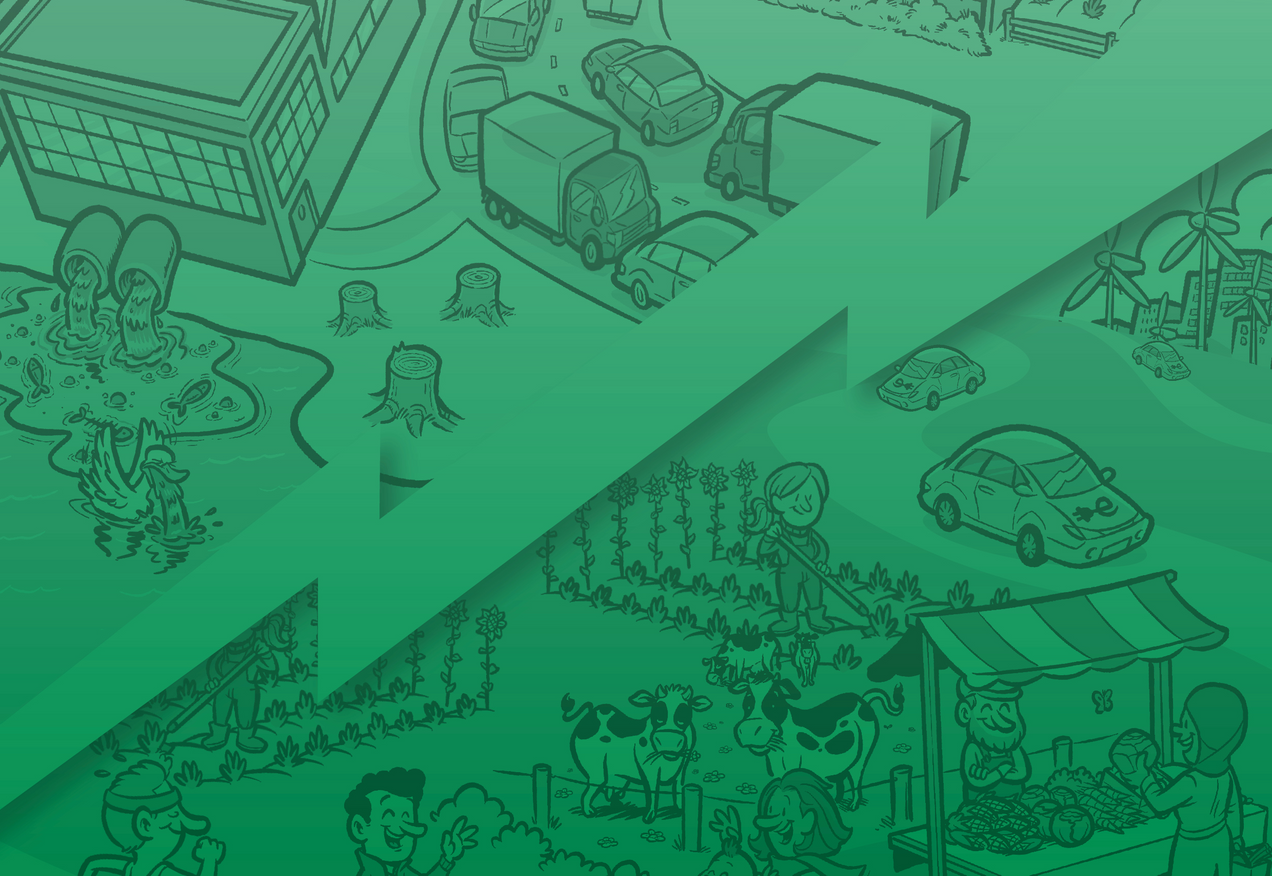Publications
Green House Think Tank publishes many different sorts of contribution to green politics. This includes the regulation publication of Reports, Gases, Green Reads and Newsletters, however have also published Books, Pamphlets, Consultation responses, and comms materials like flyers, posters, booklets and digital images.
Beyond the Fish Tank
John Foster considers the illuminating thought-experiment and homely but compelling analogy in Dougald Hine's book 'At Work in the Ruins: Finding Our Place in the Time of Science, Climate Change, Pandemics, and All the Other Emergencies'.
Is the Green Book fit for purpose in a climate emergency?
Recommendations from a round table discussion which took place in Autumn 2022. The Green Book, is produced by HM Treasury (HMT), and sets out how to assess public sector projects or policy interventions to ensure that projects give value for money.
Rethinking Energy Demand
Framing Report published in collaboration with Green European Foundation - If industrialised European societies are to reach zero carbon on a timescale compatible with limiting climate change, they must significantly reduce their energy demand. This will disrupt business-as-usual.
Finance-based transition solutions: approach with caution
Andrew presents the fundamental criticisms made by economists Clive Spash and Frédéric Hache of the influential Dasgupta Review of the economics of biodiversity. Whether or not these criticisms are persuasive, their review points to significant dangers lurking in the financialisation of Nature.
Rethinking consumerism
In this extended review article, John Foster considers some recent thinking on living within limits, and discusses the implications for Green House’s current ‘Rethinking Demand’ project.
A European Just Transition for a Better World
Green House has contributed two chapters to a new book published this week, A European Just Transition for a Better World. We were partners in this Green European Foundation transnational project tackling the question of a Just Transition – transforming from an extractive to a regenerative economy in a just and
A burning issue - article opposing green finance for energy from incineration
Link to article criticising efforts to use green finance to fund an incineration from waste plant in London
Mineral extraction and the world’s self-deception
Regulation is essential to ensure global mineral extraction is politically and environmentally sustainable.. It This report argues that the only way to reduce the damage caused by mineral extraction is stronger regulation.
Greening Hydrogen - Big issues around a small molecule
This report is part of a project led by the Green European Foundation exploring what a climate emergency economy would look like through a rethinking of trade, industry and infrastructure investment.
Stopping fossil fuel extraction – a lockdown approach
Chapman argues we should shift attention from carbon emissions to stopping fossil fuel extraction. The climate crisis requires we stop extraction now, but just as in the lockdowns there were exceptions to the general stay at home rule, there would need to be exceptions to the ban on fossil fuels
Global Public Investment requirements for Zero Carbon
Sufficient and appropriately directed global public investment is critical to shift our economies globally to zero carbon. Currently such investment is inadequate, and still funds infrastructure expansion which increases dependance of fossil fuel reliant.












